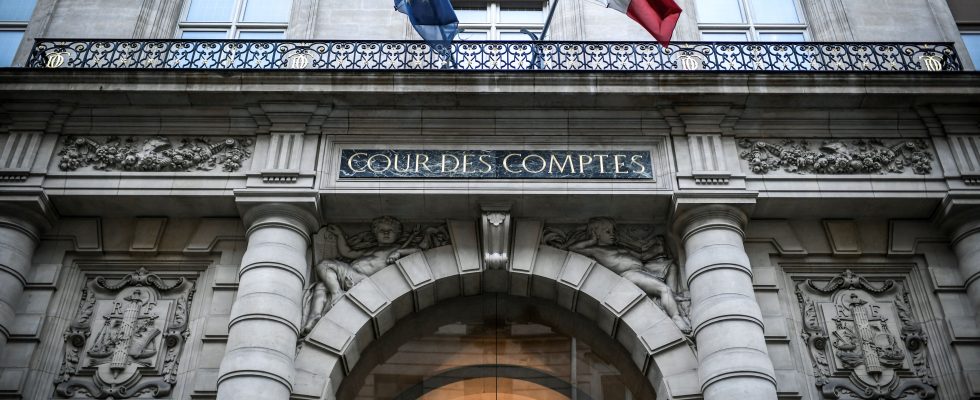The conclusion is clear. The Court of Auditors has identified a large number of errors in the exercise of the family branch of Social Security, which deals in particular with paying family benefits, housing allowances, the activity bonus or even the income of active solidarity (RSA). The sum of these errors amounts to 5.8 billion euros for 2022.
This amount is “far too high”, denounced the Court of Auditors. It includes both allowances wrongly paid and those which were not paid when they should have been. In total, this represents 7.6% of the benefits distributed last year. The irregularities mainly concern the RSA, the Court estimating that a quarter of the amounts paid in this respect are “contaminated with errors”. The lump sum is definitively lost for Social Security or for the insured. The inaccurate declarations date back more than two years, so they “will never be regularized”.
And it’s not getting better. In its press release, the Court of Auditors assured that the amount of errors had “doubled” in four years, and that the “control actions had not been adapted to this deterioration”. Consequence: the Court refused to certify the exercise of the family branch for 2022. On the other hand, it certified “with reservations” the other branches of the general scheme: the sickness branch, the old-age branch, the autonomy branch, the collection activity and the accounts of the Council for the social protection of self-employed workers (CPSTI). Health insurance still shows an error rate of around 10% on reimbursements of health costs and work stoppages, for a total of around 3.8 billion euros.
“Scaling Up Efforts”
The director of the National Family Allowance Fund (Cnaf), Nicolas Grivel, did not contest the decision. He told AFP he “agreed on the numbers”, before explaining the situation as a “hyper-complex benefit system”. He also highlighted a succession of events such as Covid-19 or the reform of personal housing assistance (APL) which “blew up the error indicators”.
For its part, the Court of Auditors called on the Cnaf to “amplify its efforts to find a better quality of liquidation”. Nicolas Grivel assured that actions had already been taken. He mentioned initial results on the “targeting of controls” and the fight against fraud. These declarations come at a time when the government has decided to intensify its actions against social and tax fraud.
The Cnaf also mentioned the gradual implementation of solidarity at the source. This experiment, which will begin in September, will make it possible to automatically pay social benefits such as the activity bonus or the RSA. The measure is intended to fight against non-take-up. In France, a third (34%) of households entitled to the RSA do not request it, according to the Department of Research, Studies and Evaluation of Statistics.
